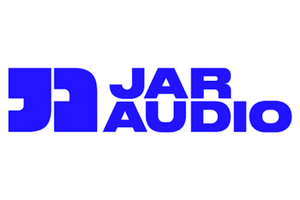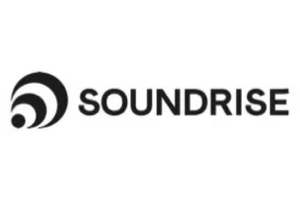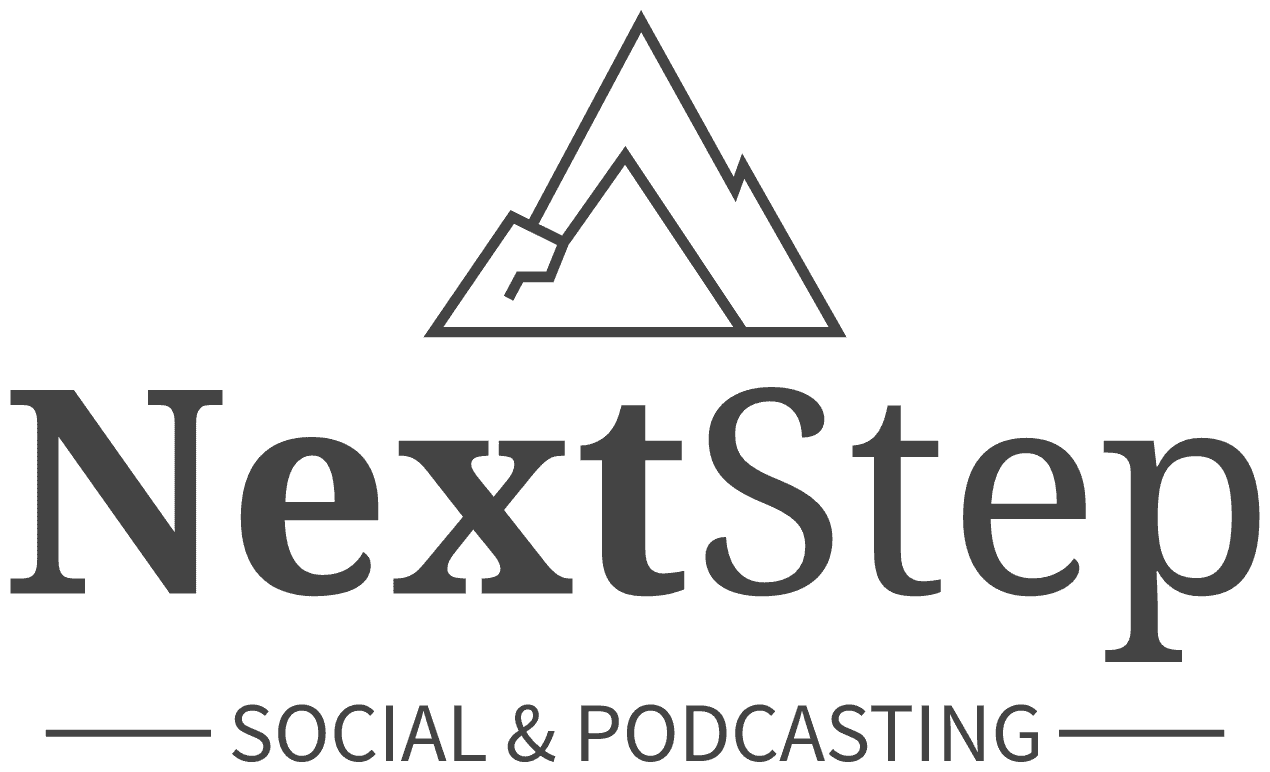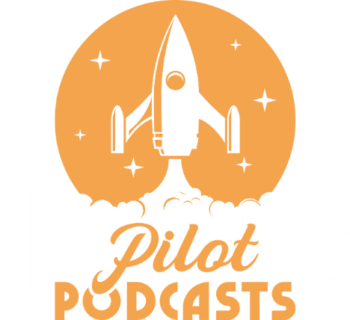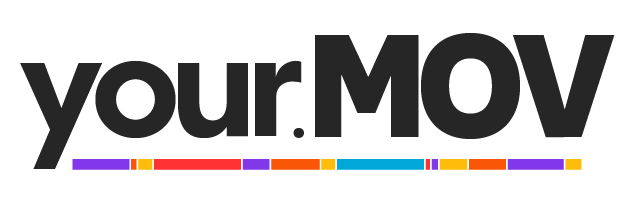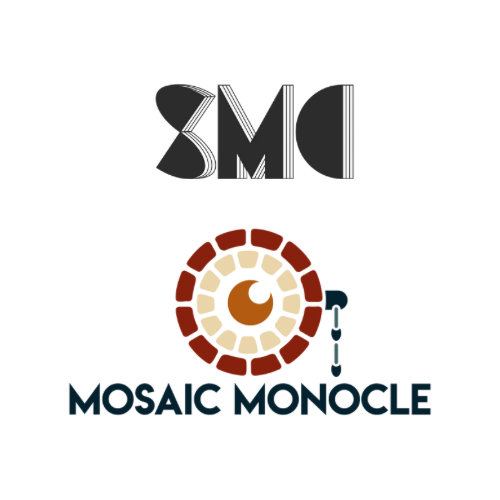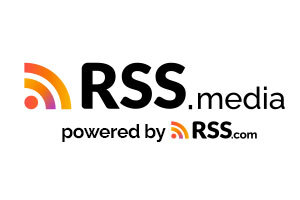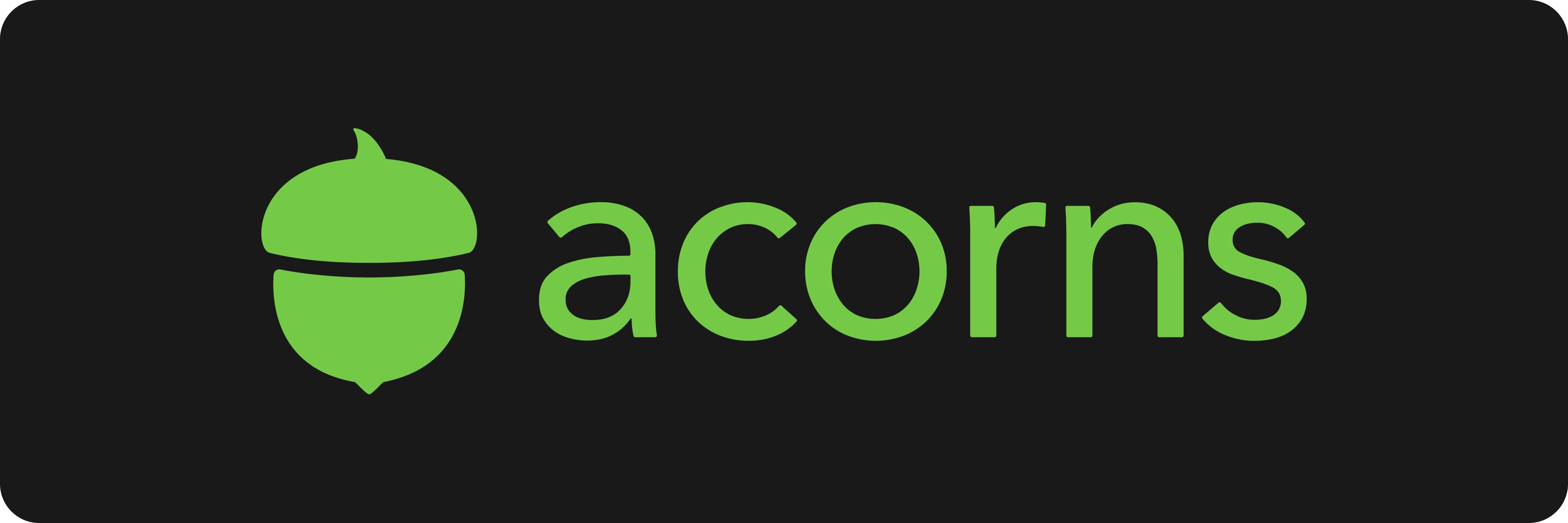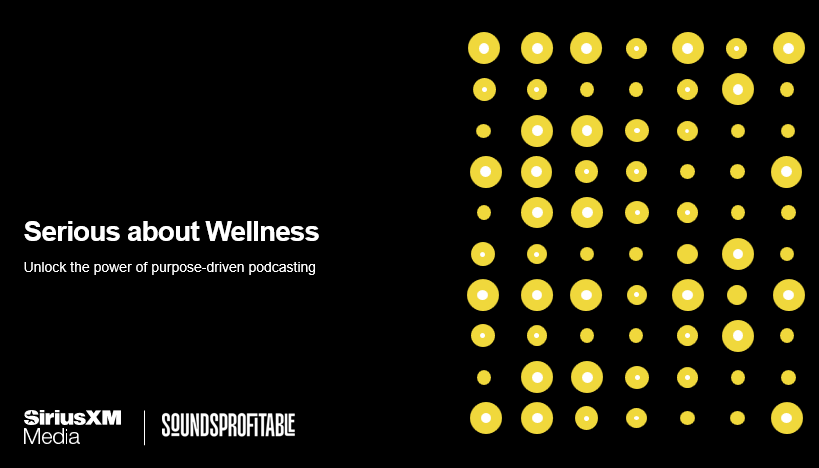Are you spending too much time vetting advertisers for your podcast shows? Are your teams burdened with an overflow of emails just to successfully vet a single advertiser? If so, clear your calendar for March 1st at 2pm EST when Bryan Barletta joins Frequency's CEO Pete Jimison to talk about the next generation of podcast workflow tools. You will see a live demo and hear directly from Pete on how you can automate your vetting process in order to gain speed, efficiencies, and scale your network. Click here and come see vetting automation in action! Please note, registration requests will only be accepted for those that work at podcast networks.
I could make a joke about Google killing products they’ve built, but as the proud recipient of a $500 Stadia refund, I’m not too bothered by it personally. There’s a substantial number of takes on both sides explaining how Google’s strategy with new products and services is both genius and abysmal, and I truthfully don’t know which camp I’m in.
When it comes to the podcast ecosystem, however, I’m realizing more and more that, frankly, I’m not a fan of how Google treats our industry.
Last month, James Cridland of Podnews reported that the Google Podcasts carousel, first launched in 2018, had been removed from Google Search. This change fully removed one of very few podcast SEO tools we have access to in the finite list of ways people can find your show. The decision is not entirely unexpected, considering Google Podcasts hasn’t seen any updates in the last 18 months. And, by the way, a lot has happened in podcasting in the last 18 months.
Google Podcasts currently holds fourth place among podcast clients, around 2.5% of all downloads according to both Buzzsprout and Libsyn, and the app had over 100 million installs as of last spring. But the app lacks any way at all for Google to generate revenue: no subscription offering like Apple, no bundled benefits like Amazon, no in-app or audio advertising like Spotify. All of these are perfectly valid reasons for Google to completely pull the plug on podcasting.
After all, they’ve already convinced us to upload everything directly to YouTube as video, the number one destination for podcast listening today, where they do offer all those monetization features. It’s pretty clear then, what Google wants podcasters to do.
Google First
Wherever you get your podcasts is the key here that Google has zeroed in on. We’re in the age of capturing attention, and Google has done a fantastic job of that with YouTube. They’ve succeeded so well that their video-first platform consistently battles for the top slot in podcast consumption and ranks astoundingly high in discovery. Both are categories where “fourth place”, where Google Podcasts currently sits, is unlikely to be a sustainable business model without other content types.
So at a time when Google is fighting to maintain and grow the attention they’ve captured against Twitch, TikTok, Meta, and more, putting their focus on a fully siloed ecosystem and directing an entire industry toward that silo makes complete sense. All while generating nearly fifteen times the ad revenue with YouTube last year as the IAB predicted the entire podcast industry would.
I’m not here to start a battle over what is and is not a podcast. But I am here to draw some lines. A major value proposition for podcasting has always been the ability to upload an audio-first asset to your hosting platform and to distribute that asset wherever you get your podcasts and see the results of where those episodes were downloaded in your reporting tab. The current operation for getting podcasts on YouTube is decidedly outside of that definition.
YouTube benefits immensely from every podcast being accessible on their platform. More content means more ad inventory. It drives new or repeat usage. And, of course, audio-first content expands the amount of time the average user can spend with the app if they ever make that feature available without a premium subscription. But today, the publishers we find consistently benefiting from their content being on YouTube are the ones who already had a strong presence on the platform, or have actively built it out as a new channel with considerable effort behind it. Even in the best case scenario (ignoring the cost to spin up a new channel), the metrics, ad serving, and tracking capabilities of YouTube are more restrictive than what we see in podcasting, making it difficult to do much more than allow Google to sell ads for you.
What We Need
Growing podcasting is our number one goal at Sounds Profitable, even if it means that some of that growth ends up in another media channel. But I think this relationship we have with YouTube is incredibly one-sided. The longer I work in this space, the more I respect the hard work of the people at major companies that are focusing on podcasting, a very small business line for them, especially when it comes to how little control they may have over public communications.
To be fair, YouTube did just announce that they were exposing a test feature to selected users that would allow them to create and measure podcasts in YouTube Studio, and there are rumors that more announcements are due soon–perhaps as soon as this week at HotPod Summit where Kai Chuk will take the stage. But, a year after Podnews first reported on YouTube’s plans, this “unreleased future” still doesn’t go far enough. So let’s break down what we truly need for YouTube Podcasts to benefit both sides as equally as possible.
RSS Ingestion
Google should take a page fully out of Apple’s Delegated Delivery book for this process. By allowing publishers to submit their RSS feed to YouTube, YouTube can pull in all the core data needed from the hosting platform. YouTube could easily and automatically create a video asset from the cover art and make that live, enabling seamless YouTube distribution for all podcasters, while also allowing sophisticated publishers to overwrite that asset with an actual video that can be directly uploaded to YouTube or sent through the RSS feed by the hosting platform.
Measurement
It’s not particularly clear how YouTube determines a view, but it is crystal clear that YouTube progressively downloads content similar to what we experience in podcasting. That means it’s entirely reasonable for YouTube to send a signal back to the hosting provider to let them know when the download has occurred. Not to get too in the weeds here, but Google’s Ads Data Hub is an MRC accredited solution for measurement and attribution that is also designed to work with third-party solutions to share that data in aggregate. Connecting with hosting providers in the same fashion would allow download information as we know it today to populate in publishers’ hosting platform of choice, along with all their other podcast data.
Audio Ads
Dynamically inserted ads as we know them today absolutely can’t work on YouTube, since each episode is cached directly in their platform. But YouTube could honor the ad markers that publishers have laid out in their hosting platform by mimicking Spotify’s Streaming Ad Insertion solution, which solves for putting the ad breaks in the right place. Taking the document James shared at face value, YouTube indicated interest in enabling partner-sold audio ads, which would further motivate publishers to place their content on YouTube when they can sell a blended campaign more seamlessly than baking it into YouTube while utilizing a more sophisticated setup for their RSS podcast.
Podcast hosting platforms are one of the few things that podcast publishers control. Publishers want ease of distribution and the ability to monetize their shows, something the leading hosting platforms are currently providing for publishers quite well. No hosting provider in their right mind should be jumping through hoops to send content over to YouTube when they can’t even reconcile the download data from that channel, let alone assist in monetizing the inventory. The original document James shared is a half-step toward that solution, but it’s also almost a year late. If YouTube wants us to take them seriously, we’re going to need them to commit to that full step.
Wrapping It Up
If YouTube took the steps above and allowed for podcast content to be played in the background without paying for YouTube Premium, the adoption for the platform by publishers could be immense, because all of the roadblocks have been removed. These steps are everything that makes a podcast a podcast, and could provide access to such a substantial amount of advertiser demand that we’d likely blow projections out of the water even in this predicted-to-be-slow year.
Without research on our industry, we would have no way of knowing that YouTube is such a powerhouse for podcast consumption. It doesn’t show up in any hosting platform’s data, and yet we all know that it’s in a battle for first place in a field where fourth place only captures two or three percentage points. And yet, we spend considerable time each week talking about YouTube Podcasts, when the feature is barely more than a “coming soon” sign.
We are at a pivotal moment, where titans like Google who control listener engagement with our content can choose to ignore us, or they can make these small improvements to make it that much more valuable for us to recommend to our listeners that their destination is where they should be consuming our content. We don’t talk about video in podcasting, we talk about YouTube, and we do so for a reason: they’ve built something really spectacular for creators looking to grow and monetize their reach. Now, they have a unique opportunity to do the same for podcasters.
New Partners
Sounds Profitable exists thanks to the continued support of our amazing partners. Monthly consulting, free tickets to our quarterly events, partner-only webinars, and access to our 500+ person slack channel are all benefits of partnering Sounds Profitable.
- Pinball Productions makes motion podcasts: film and tv like audio stories
- Treefort Media is an independent podcast company specializing in premium audio storytelling (both fiction and unscripted), with notable releases including Fatal Voyage: The Mysterious Death of Natalie Wood, the scripted Sherlock Holmes audio drama Moriarty, Killing Hollywood: The Cotton Club Murder and Killer Psyche.
Want to learn more about partnership? Hit reply or send us an email!













